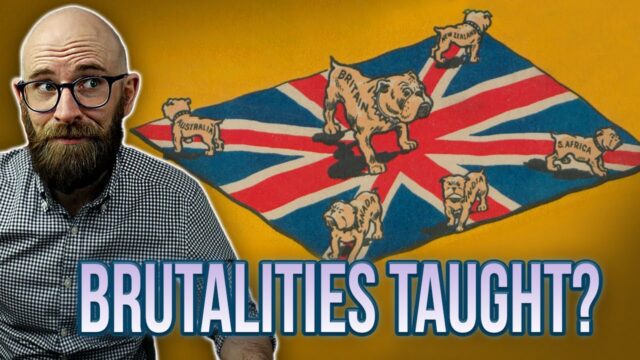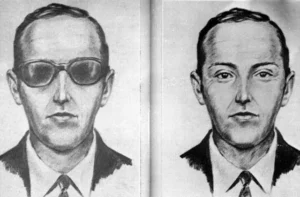“Unveiling the Forgotten Lessons: How British Schools Shape the Narrative of Empire”
He goes on, âNow, more than ever, we badly need to understand what is common knowledge elsewhere: that for much of history we were an aggressively racist and expansionist force responsible for violence, injustice and war crimes on every continent.â
As for more specifics, up until the period post-WWII, history lessons dedicated ample time to the Empire, with a nationalistic approach. In other words, teachers and teaching material covered the glorious exploits of British politicians, administrators, sailors and soldiers, emphasising military victories against rival colonial powers and invaded territories. As a consequence, the most unsavoury aspects of British colonial rule were mostly ignored.
In the 1950s and 1960s another school of thought took hold, called âNew Historyâ. This approach stressed the importance of understanding and analysing the experiences and point of view of the populations involved in historical events, rather than their leaders. Monarchs and Generals faded in the background, in favour of a âbottom upâ method founded on empathy for those who suffered from the tidal waves of history.
In this context, any patriotic or nationalist feelings were expunged from the classrooms. The history of the British Empire was mostly sidelined or downgraded, with the exception of Britainâs role in the slave trade. This was and still is an incredibly important subject to tackle. But the history syllabus was not standardised across the nation, and it was up to the discretion of the individual teacher whether to include slavery or not.










